Maarten Altena Ensemble - Quotl (1990)
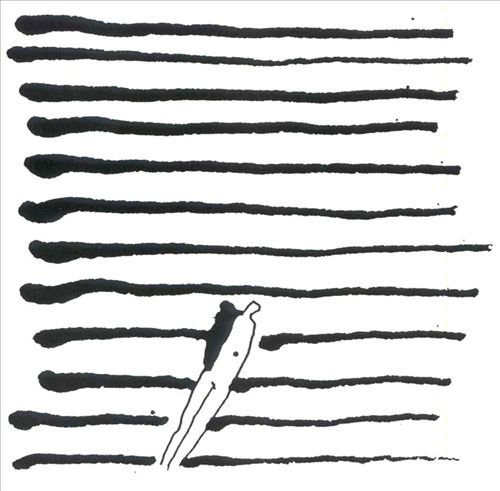
Artist: Maarten Altena Ensemble
Title: Quotl
Year Of Release: 1990
Label: Hat Hut Records
Genre: Avant-Garde Jazz, Modern Creative
Quality: FLAC (tracks+.cue, log, Artwork)
Total Time: 1:01:05
Total Size: 274 MB
WebSite: Album Preview
Tracklist:Title: Quotl
Year Of Release: 1990
Label: Hat Hut Records
Genre: Avant-Garde Jazz, Modern Creative
Quality: FLAC (tracks+.cue, log, Artwork)
Total Time: 1:01:05
Total Size: 274 MB
WebSite: Album Preview
01. Punt (04.42)
02. 88 (08.19)
03. Roscoe Boulevard (09.12)
04. Rails (08.28)
05. Brokken (04.29)
06. Voices (08.52)
07. Admiraliteit (04.04)
08. Scène rurale (08.48)
09. Quotl (03.32)
Quotl is a document that examines the composer and bassist's musical life during the 1980s, being the first recording to look upon the work he accomplished with both his quartet and octet. His ideas of composition were developed after a long tenure in the world of completely improvised music with which he grew weary after deciding that musicians were practicing private languages for the edification of no one but themselves. His early efforts with the quartet documented here reveal his first attempts with songlike architectures where notation and improvisation were entwined in single coils around each other based on the ideas of tonality and dynamic. Witness the long lines in "Punt," where Maartje ten Hoorn covers the skeleton of a melodic idea as Michael Moore tonally alters it in each succeeding line and Wolter Weirbos dynamically moves the harmonic frame down, octave by octave, to Altena's bass, which has nothing to do with rhythm or meter in its system of time keeping. Likewise, in "Roscoe Boulevard" and "Quotl" for the octet, the compositional space opens up to accommodate the larger number of players. The songlike structures are gone and replaced with charts that strategically place melodic frameworks around "geographies" for microtonal improvisation. In both cases, each architecture is opened up for exploration by all the players holding the same line, reaching outside after the chart has drawn them in. Improvisation in this way becomes both root and branch of tonality as well as the space for rhythmic and textural considerations. Besides the fact that each of these compositions is a fascinating sound world unto itself, the sequencing, which is seemingly random -- a quartet piece is followed by two octet pieces then two quartet pieces and two octet pieces, etc. -- creates the fluidity and appearance of an entirely new recording and a new context in which to place these works. Quotl is a fine retrospective of Maarten Altena's early work.
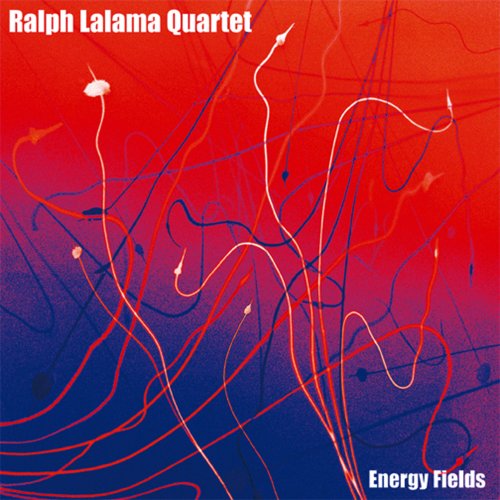
![Freysteinn - Thoughts (2026) [Hi-Res] Freysteinn - Thoughts (2026) [Hi-Res]](https://img.israbox.com/img/2026-02/20/v51kb7e32wkdjbts45lwsh18u.jpg)
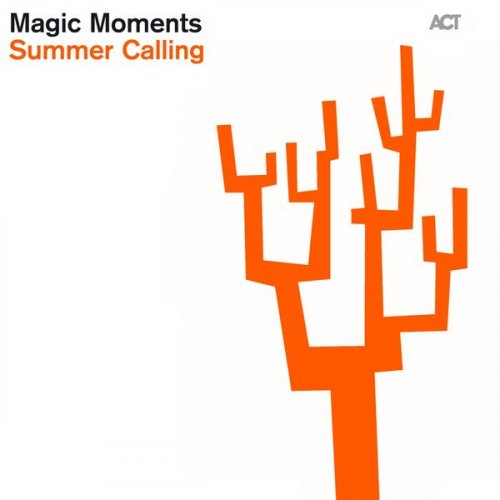
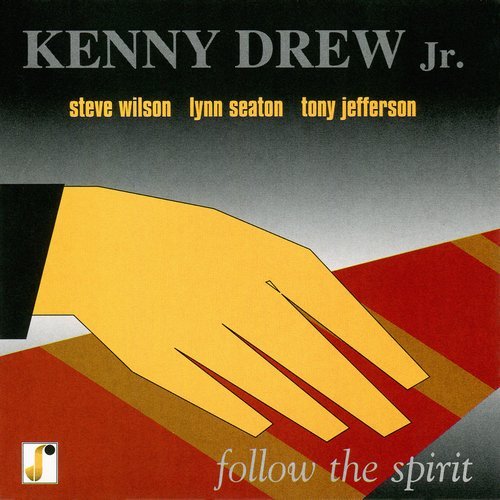
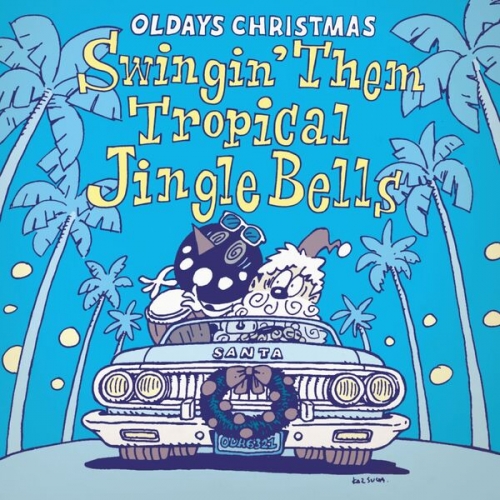
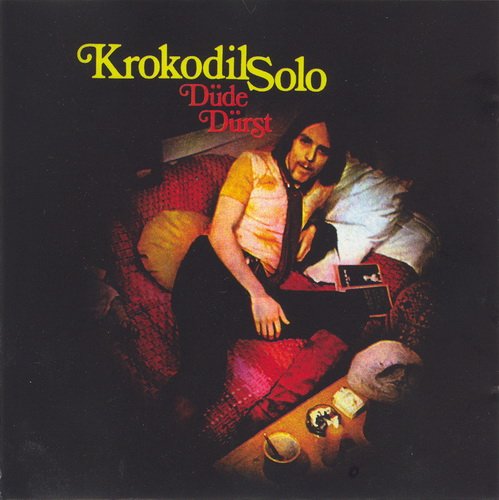
![Matt Monro - Matt Sings Monro (Live at the BBC, Remastered 2023) [Hi-Res] Matt Monro - Matt Sings Monro (Live at the BBC, Remastered 2023) [Hi-Res]](https://www.dibpic.com/uploads/posts/2026-02/1771586614_k3yj19donljhc_600.jpg)
![Hans Backenroth - For Ray, Milt & MJQ (2026) [Hi-Res] Hans Backenroth - For Ray, Milt & MJQ (2026) [Hi-Res]](https://www.dibpic.com/uploads/posts/2026-02/1771506232_lbvu33sttdof0_600.jpg)
![Art Pepper - Everything Happens To Me: 1959 - Live At The Cellar (2026) [Hi-Res] Art Pepper - Everything Happens To Me: 1959 - Live At The Cellar (2026) [Hi-Res]](https://www.dibpic.com/uploads/posts/2026-02/1771405170_fcwg7jmt6mou1_600.jpg)